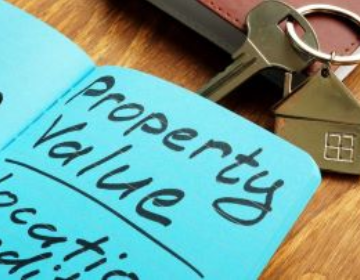A landlord was taken to court and ordered to pay £3,462 after he accepted false references from his tenants.
Colin Harrison’s property was the subject of numerous complaints from neighbours about anti-social behaviour, in an area covered by a selective licensing scheme. West Yorkshire Police had attended Harrison’s rented property on 17 occasions since November 2008.
Leeds City Council officers then asked Harrison to provide references for one of his tenants who had recently moved into the area. Suspicions were raised when one of the referees denied writing the reference.
Harrison, of Gipton in east Leeds, was fined at Leeds Magistrates Court after he admitted six offences against the selective licensing rules. He was fined £1,000 with costs of £2,447, including a victim surcharge of £15.
It was the second time Harrison has been prosecuted by Leeds City Council for breaching his selective licence conditions.
A Leeds City Council spokeswoman said: “This serves as a warning to any landlords who do not obey the rules associated within the selective licensing area of the city. It is very important that landlords strive to obtain decent and truthful references from prospective tenants to stop such issues as anti-social behaviour.”
Landlord Assist, a nationwide tenant eviction and referencing firm, said the case has underlined the importance to landlords and letting agents of ensuring that they comply with any selective licensing schemes which may be in force.
In areas where selective licensing is applied, all landlords are required to hold a licence in order to rent out a property.
To qualify for a licence, which typically costs between £400 and £600 over a five-year period, a landlord must be able to demonstrate that they are acting within the law and taking adequate steps to manage their properties professionally and keep in good order.
Conditions of the licence include issues such as fire, gas and electrical safety, obtaining appropriate references prior to any tenancy being offered, keeping properties visually respectable and ensuring that properties are well managed.
It is a criminal offence to operate a privately rented property without a licence, and any breach of a licence condition could lead, on conviction, to a fine of up to £5,000.
Graham Kinnear, managing director at Landlord Assist, said: “Local authorities are, in increasing numbers, introducing selective licensing areas as a result of the permissions given to them by the 2004 Housing Act to improve conditions of rented properties in selected areas.
“We urge landlords in areas of selective licensing to take their responsibilities seriously, ensure they adhere to the conditions and don’t take any short cuts.”










.png)





Comments